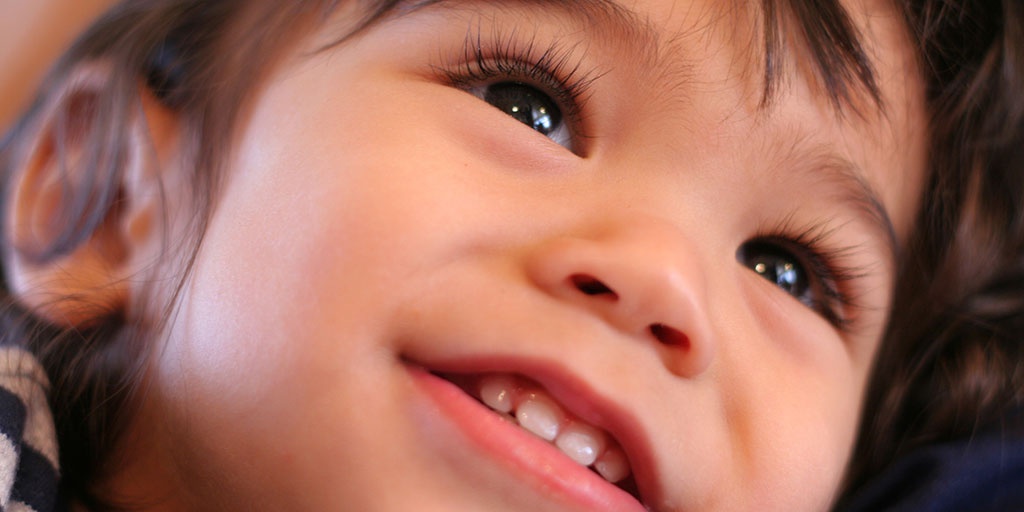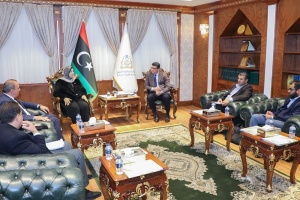Despite designating the 2nd of April as the World Autism Awareness Day, many misconceptions about autism still exist, while autistic people and their families in Libya are struggling to deal with society's negative perception of autistic.
Ahmed was officially diagnosed with autism spectrum disorder at the age of three, and it didn't take long for his mother to discover the challenges of finding the right place and the educated people who know how to approach people with this form of disability.
"I have assumed additional financial burden to make sure my son gets the best care and rehabilitation, but there is barely a hand full of qualified people in this field in Libya, Ahmed's mother explains to The Libya Observer.
"I don't care about the center's capabilities, capacity, or the fancy furnishing; what concerns me is that I find qualified people waiting for my son when I drop him off at a rehabilitation centre. This job requires patience and people who understand that their work requires a long-term and painstaking effort," Um Ahmed added.
"I had to educate myself and take courses to learn how to set my son up for success in his life… I had to become a specialist myself."
Around 2,100 children in Libya have been diagnosed with an autism spectrum disorder, the Head of the National Centre for Diagnosis and Treatment of Children with Autism Spectrum Dr. Khaled Al-Najjar confirmed in statements to The Libya Observer.
"Some are registered in the center's system and others on our website, but the figures are likely higher due to the reluctance of many parents to register their children for several reasons, including the lack of internet services."
He anticipated that the outcome of autism cases amounts to 5,000 across Libya, according to what is circulated among the specialists.
"Scientists know relatively little about the cause of autism whether it is a genetic defect or an environmental illness, however, the number is on the rise, not just in Libya, but worldwide, Dr. Khaled added.
He emphasized that the National Center for Diagnosis and Treatment of Children with Autism will open a new prospect in the treatment of autism in Libya.
"It is an integrated medical city with various facilities found in society with which we deal on a daily basis, like bakeries, barbershops, groceries, and traffic light to help these children acquire the daily life skills."
He also indicated that the centre has developed a sensory room that could receive up to 15 children per hour. "The room will help the child to develop his sight, sound, touch, and hearing, as well as other skills, noting that it is the first of its kind in Libya with this capacity.
The centre can accommodate 195 patients and provide other services to around 600 every day under the supervision of well-trained staff and professionals who received special training in Libya and abroad.
The center also adopted the Sunrise Program associated with the American Center in Boston. "Initially, there will be online cooperation between the two centers. Libya is the first country to adopt this program in North Africa," Dr. Khaled said.
He reiterated the need for campaigns towards greater acceptance and appreciation of autism and to bring about change in society's perception of this issue.



